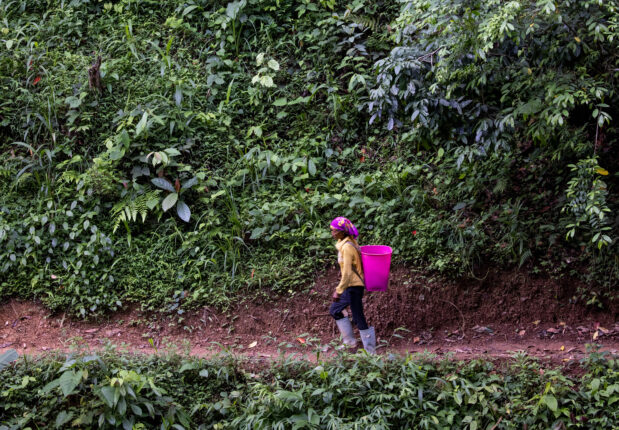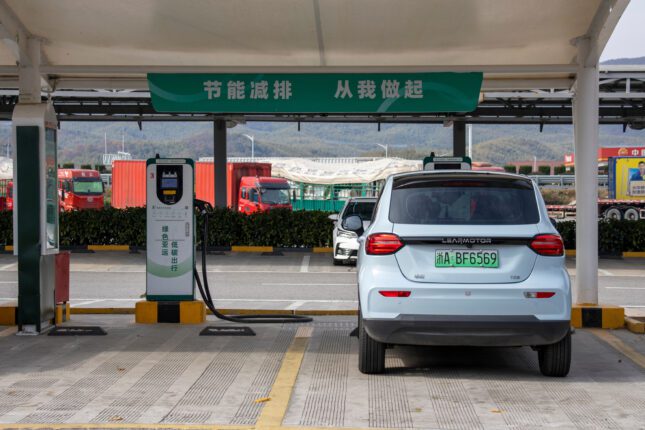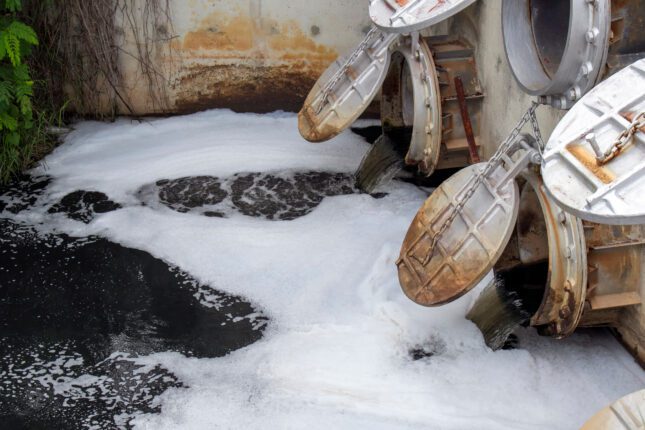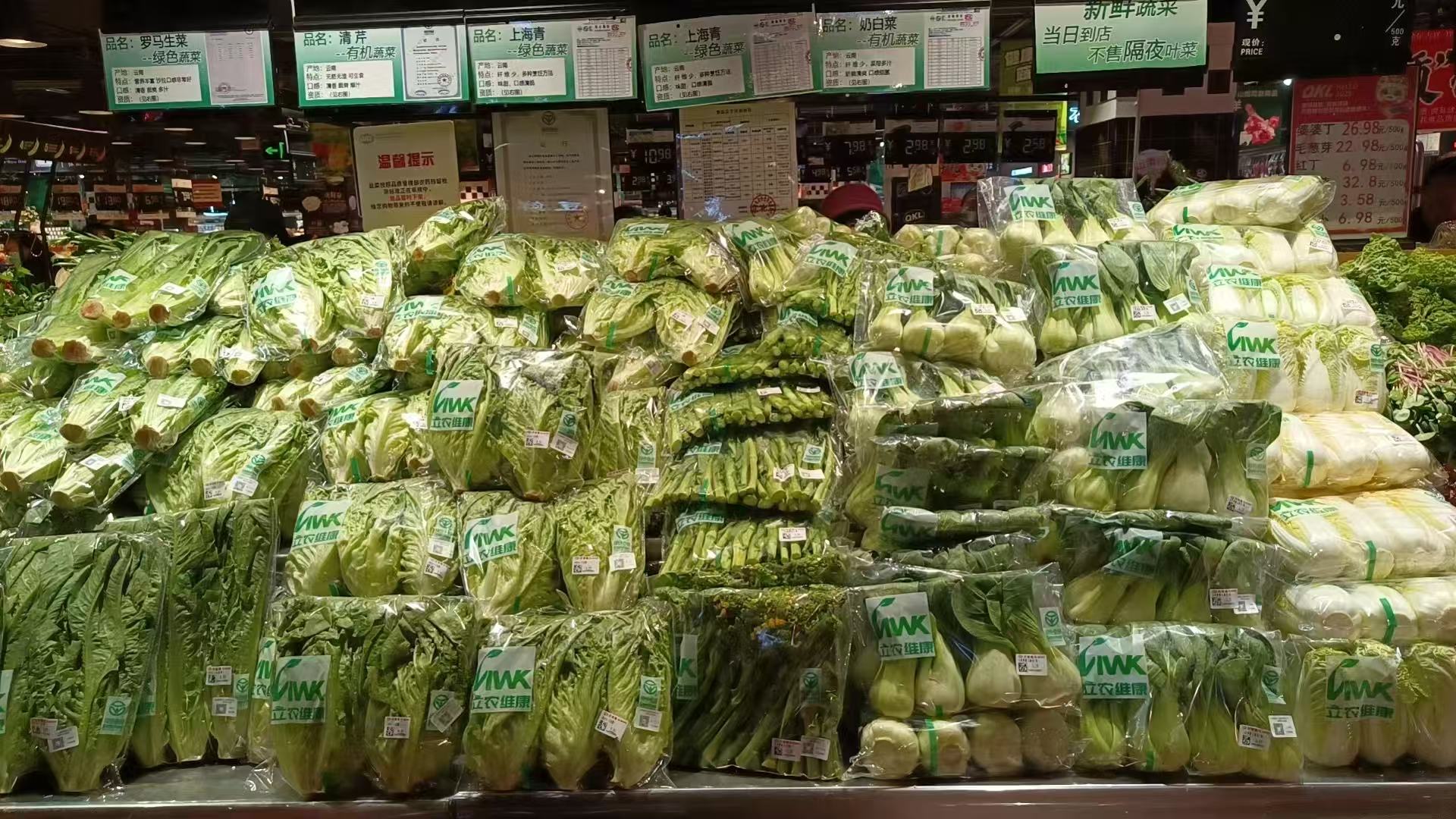-
Guest Contributor
What’s in a Label? Lessons on Advancing Global Health Goals From Corporate Green Standards
MORE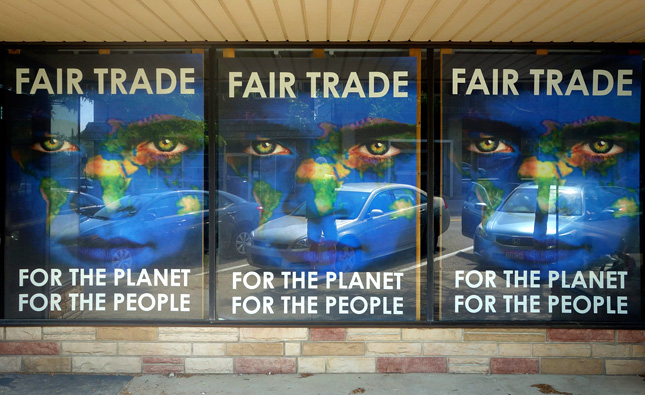
As you walk through the supermarket, you’ve probably noticed labels like “Rainforest Alliance Certified,” “Fair Trade,” or “Green Seal.” These certifications were created to help consumers use their purchasing power to reward companies that treat workers fairly and limit their harm to the environment. What’s missing is health, particularly women’s health. Too often these standards focus narrowly on occupational safety rather than addressing broader, but relevant, health needs of workers.
-
China Environment Forum // Guest Contributor
From the Forests of Yunnan: Rethinking What Tea Can Be
MORE“Where is the tea?” I asked after our class had hiked through densely wooded hills for half an hour, looking around in confusion. I was among a team of Duke Kunshan University (DKU) graduate students led by Dr. Binbin Li to study tea crops grown in the tropical forests of Xishuangbanna, Yunnan Province.
-
Environmental Security Weekly Watch: December 1-5, 2025
December 5, 2025 // By Madelyn MacMurrayMORE
A window into what we’re reading at the Stimson Center’s Environmental Security Program
Deforestation and Flooding Turns Fallen Timber into Projectiles in Indonesia (The New York Times)
When Cyclone Senyar struck in late November, its death toll numbered 800 people across Indonesia, Malaysia, and Thailand. The Indonesian island of Sumatra saw a particular sort of damage as the storm unleashed sixteen inches of rain in parts of the island, wiped out four villages, and triggered flash floods and landslides. Decades of razing and converting natural forests into palm oil plantations, pulpwood farms, and gold mines drastically increased the region’s vulnerability to floods and landslides to the point that timber was transformed into projectiles that destroyed residences and infrastructure.
-
China Environment Forum
In the Blindspot: Security and Chinese EV Exports to the Global South
MOREThe most persuasive argument for global EV adoption is the positive impact that these vehicles have for the environment. A scientific consensus has emerged around the benefits of electric vehicles and their zero tailpipe emissions, ranging from local air quality improvement to increased energy efficiency.
-
Toxic Threads: Southeast Asia’s Textile Pollution Poses a Growing Security Threat
August 11, 2025 // By Md Mursalin Rahman KhandakerMORE
In today’s world of fast fashion, a $4 crop top travel across continents faster than a letter, and new trends die before a customer hits the “checkout” prompt. Yet the global obsession with cheap clothing creates apparel soaked in a cocktail of dyes, plasticizers, and forever chemicals, that linger far longer than the consumer forces that make them trendy.
The global apparel sector is valued at over $1.8 trillion, and it is the world’s second most chemical-intensive industry after agriculture. For big manufacturing hubs in Southeast Asia (particularly India, Bangladesh, Pakistan), textiles represent an economic lifeline.
-
China Environment Forum // Cool Agriculture // Guest Contributor
Tapping an Innovative Climate Solution: Upscaling Food Waste to Animal Feed in Japan and China
MOREThe numbers are staggering. A third of the food produced in the world is lost or wasted—from farms and food processing factories to grocery stores, restaurants, and homes. This growing mountain of rotting food is a major methane emitter, accounting for 8 to 10 percent of global greenhouse gas emissions. If food waste were a country, it would be the third largest greenhouse gas emitter, with the United States and China as leading food wasters.
-
Eye On
Environmental Security Weekly Watch | July 7 – 11
MORE
A window into what we’re reading at the Stimson Center’s Environmental Security Program
Heat-Related Deaths May Have Tripled during Europe’s Heat Wave (Washington Post)
A record-breaking heat wave in late June and early July pushed temperatures well above 100°F across Europe. Analysis from Imperial College London and the London School of Hygiene and Tropical Medicine found that of the 2,300 heat-related deaths in 12 major European cities between June 23 and July 2, 1,500 would not have occurred without the additional 1.3°C of warming caused by climate change.
-
China Environment Forum // Guest Contributor // waste
Unwrapping the Cucumber: Q&A with Friends of Nature’s Jinghua Sun on the Hidden Crisis of Produce Plastic Packaging
MOREA few days ago, I bought a cucumber at the grocery store. Hermetically sealed in a layer of plastic as if bracing itself for interstellar travel rather than a trip to my kitchen, I struggled to open it, my patience thinning with the plastic. At one point I considered using my teeth. That’s when it hit me: was this really necessary?
 A Publication of the Stimson Center.
A Publication of the Stimson Center.

